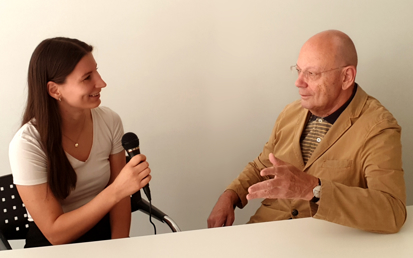
How are insolvency proceedings conducted in Germany?
If you have the impression that your outstanding debts are getting out of hand, you have the option of going through consumer insolvency proceedings in many countries around the world. The purpose of such proceedings is that, in the end, you get rid of all your debts that existed at the beginning of the proceedings. However, before we turn our attention to insolvency proceedings abroad, we will first explain in a down-to-earth manner how consumer insolvency proceedings work in Germany.
Debt counselling procedure
Are your financial obligations getting out of hand? You don't know where to start to get your finances back under control? Professional help from a debtor advisory office can help you pave the way to freedom from debt. In this article, we would like to highlight the importance of this support and show you how you can benefit from debt counselling.
More digitalisation for more trees
Digitalisation has increased rapidly in recent years and undoubtedly has the potential to improve and simplify our lives. From more efficient work processes and social interactions to innovative environmental solutions, the digital revolution is opening up numerous opportunities. At the same time, however, it brings with it challenges such as the need for increased data security or the loss of real social contacts. The focus of the Financial Guide is on the benefits of digitalisation. Of course, this also brings its challenges, and we don't want to withhold these from you.
Rethinking debt collection – digitally and with more self-determination
There is no getting round it: debt collection is not a pleasant topic. Nobody is happy when they receive a debt collection letter. At Riverty Back in Flow, we therefore put consumers at the centre of things and enable them to largely determine their own path back to financial freedom. To this end, we offer them a comprehensive self-service.








